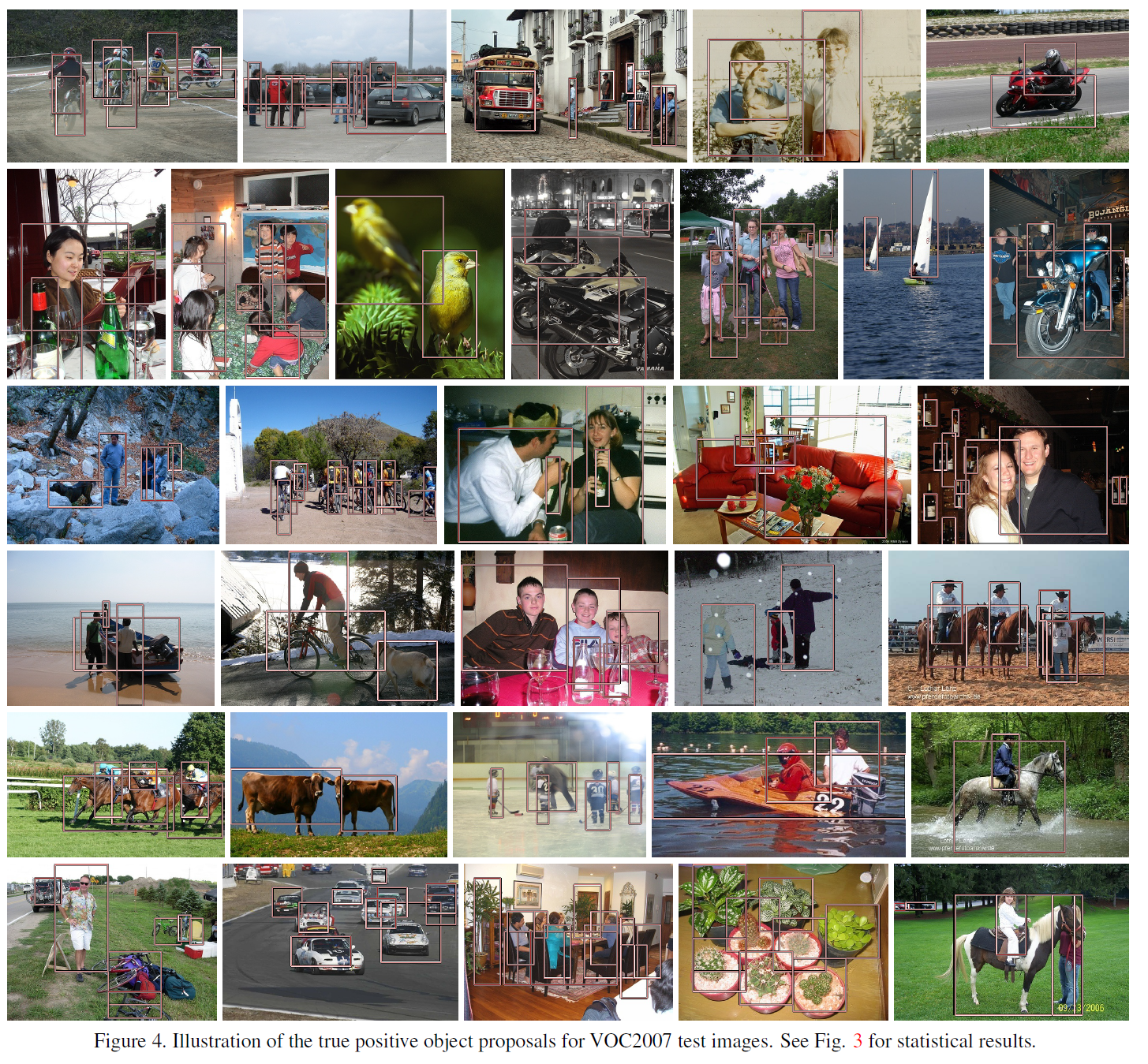Sharing answer codes of mine about HackerRank: Recursive Digit Sum.
HackerRank: Recursive Digit Sum (in Algorithms)
Problem Statement
Given an integer, we need to find the super digit of the integer.
We define super digit of an integer using the following rules:
- If \(x\) has only 1 digit, then its super digit is \(x\).
- Otherwise, the super digit of \(x\) is equal to the super digit of the digit-sum of \(x\). Here, digit-sum of a number is defined as the sum of its digits.
For example, super digit of 9875 will be calculated as:
super_digit(9875) = super_digit(9+8+7+5)
= super_digit(29)
= super_digit(2+9)
= super_digit(11)
= super_digit(1+1)
= super_digit(2)
= 2.
You are given two numbers \(n\) and \(k\). You have to calculate the super digit of \(p\). \(p\) is created when number \(n\) is concatenated \(k\) times. That is, if \(n=123\) and \(k=3\), then \(p=123123123\).
Answer Code (in Python3)
- Time complexity: \(O(n)\)
# Recursive Digit Sum
#!/bin/python3
import sys
def digitSum(n, k):
dig = int(n)
while dig >= 10:
dig_l = map(int, str(dig))
dig = sum(dig_l)
dig_f = dig * k
while dig_f >= 10:
dig_l = map(int, str(dig_f))
dig_f = sum(dig_l)
return dig_f
if __name__ == "__main__":
n, k = input().strip().split(' ')
n, k = [str(n), int(k)]
result = digitSum(n, k)
print(result)



